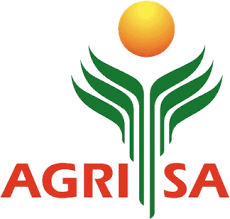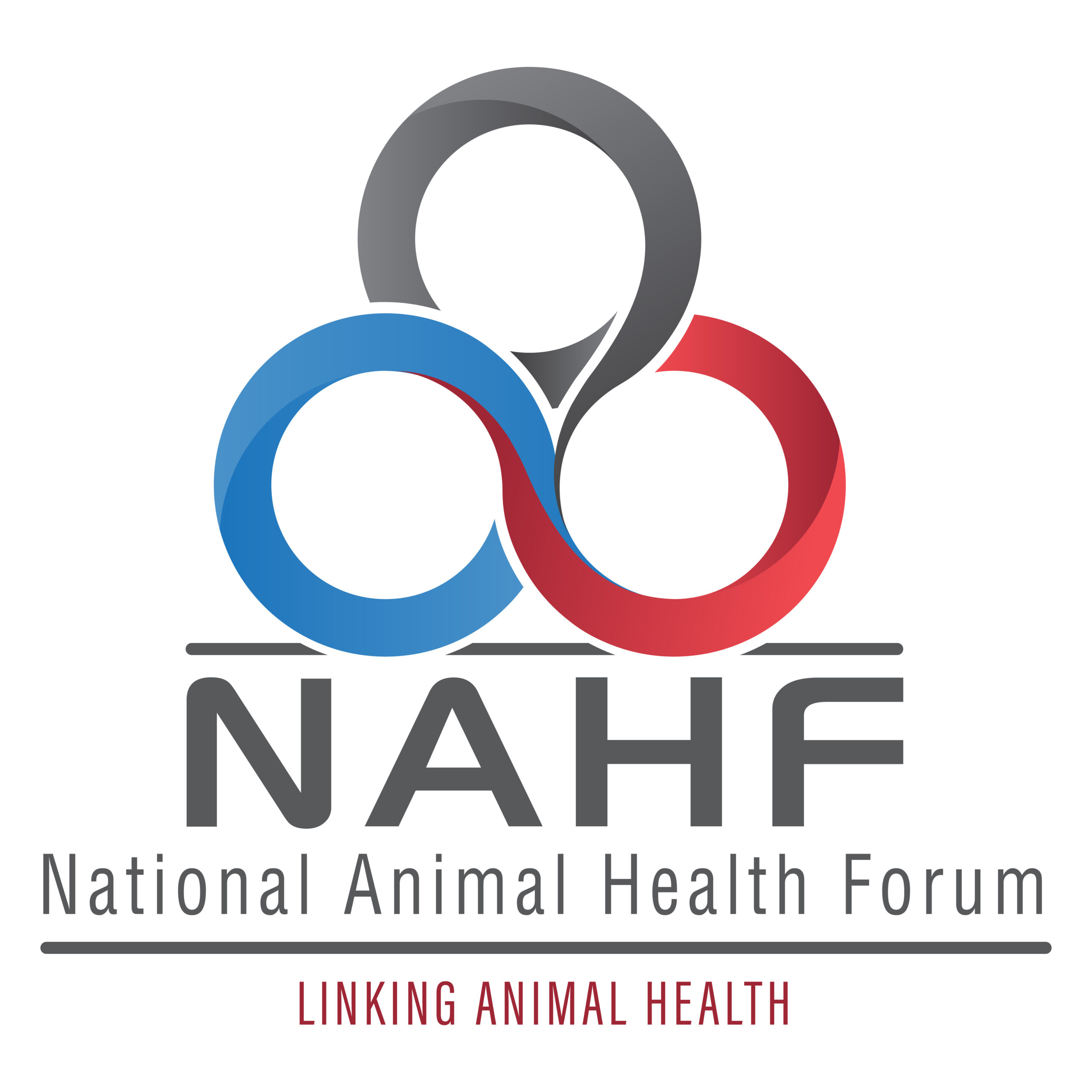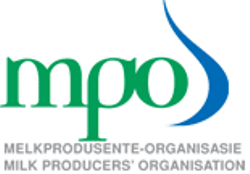
Risk-Adjusted-Strategy-Regulations-Gazetted-COGTA_compressed (1)
The Minister, Dr. Dlamini-Zuma addressed the nation on 29 April 2020 on the new regulations that will be in force from 1 May 2020 for level 4. Below is a high-level summary of the regulations. The regulations under the Disaster Management Act have been completely been rewritten so all prior regulations have been repealed except for prosecution of prior offenses. All directions issued under the previous regulations remain in force unless withdrawn or amended.
1. The regulations are structured around:
• General provisions that will outlive the alert level
• Alert level 4 rules
2. Annexures to the regulations include:
⎯ Various permits needed to move or work (Annexure A)
⎯ List of essential goods for import (Annexure B)
⎯ List of permitted goods for export (Annexure C)
⎯ List of essential services (Annexure D)
⎯ Workplace plan template (Annexure E)
3. The general provisions which impact on the agricultural sector are:
⎯ A cloth face mask (or appropriate covering for nose and mouth) is mandatory when in public place including public transport, building.
⎯ Need permit – new permit refers to alert level 4 – so all farming and other agricultural businesses will need to issue new permits to all staff. Please see the Agri SA endorsed permit here.
⎯ Employers must provide face masks to employees that come into direct contact with members of the public.
⎯ All businesses must determine the number of customers and employees allowed inside premises based on floor space when indoor spaces are used.
⎯ When queuing inside or outside a building a distance should be maintained or 1,5 m between people.
⎯ Hand sanitisers to be provided at entrance to premises.
⎯ All courier and delivery services shall provide for minimized personal contact when delivering items.
4. Every open business must:
⎯ Have a workplace plan – including providing hand sanitizers, distancing rules etc.
⎯ Appoint a compliance employee(s).
⎯ Enable employees to work from home whenever possible.
⎯ Restrict face to face meetings.
⎯ Special rules apply for high risk people e.g. over 60, and people with specific disclosed health risks
ALERT LEVEL 4
General rules
⎯ No sales, distribution or dispensing of liquor except for export or industrial use.
⎯ Transportation of liquor only allowed for export and where required for the production of hand sanitisers or disinfectants and cleaning products.
⎯ No tobacco sales.
⎯ All gatherings banned except funerals and auctions (subject to strict hygiene measures and distancing)
Movement of persons
⎯ People may only leave their houses to buy essential goods, perform essential services or get medical attention or do limited exercises as permitted.
⎯ Curfew between 8 pm and 5 am daily except for essential services
Move between metropolitan/provinces areas allowed:
⎯ For daily work commute for essential service workers
⎯ Funerals
⎯ Learners once schools etc. open
⎯ Special rules for public transport will be issued by Minister of Transport
⎯ Note that persons who were not at their place of residence before lockdown and could not travel between provinces, districts or metros will be allowed on a once off basis to return to their place of residence or work. However, they will then be required to stay at that place for the duration of level 4 restrictions.
Movement of goods
This section has been completely rewritten and now allows movement of following goods:
⎯ Essential goods for import – short list similar to old essential goods list Annexure B – includes:
o Food, hand sanitiser, PPE, baby products, medical supplies, fuel, hardware, auto after sales parts, chemicals and packaging to make these items
o Textiles for face masks and other PPE
o Computers, phones and home office equipment
⎯ But excludes: cloth face masks and toilet paper (was on prior list now omitted)
⎯ Import of inputs required for the manufacturing of level 4 goods
⎯ All Cargo at ports of entry
⎯ In transit goods, which were cleared at ports of entry and that are destined for neighbouring countries.
⎯ Permitted goods for export – Annexure C – agricultural goods, manufactured and mining goods
⎯ Transport of goods within SA (seems to be catch all)
Economic sectors allowed to operate
⎯ Energy and petroleum
⎯ Mining operations
⎯ All other businesses – encourage all who can work from home to continue to do so.
Prohibition on evictions
All orders of eviction granted by courts under the Extension of Security of Tenure Act (ESTA) or the Prevention of Illegal Eviction Act (PIE), will be stayed and not executed for the duration of level 4 restrictions, unless a court determines that it is not just and equitable to do so.
Public transport
The Minister of Transport will issue directions on how public transport will operate during level 4.
Closure of borders
All borders in the Republic are closed expect for the transport of fuel, cargo and goods.
TABLE 1 HAS BEEN CREATED FOR ALL SECTORS UNDER LEVEL 4 UNDER FOLLOWING MAIN HEADINGS:
⎯ Agriculture – all of the following sectors and activities may proceed under level 4 restrictions: All agriculture, hunting, forestry and fishing, bee-keeping, including preparation, cultivation, harvesting, storage, transport of live animals and auctions (subject to health directions) and related agricultural infrastructure and services (including research, inspection, certification and quality control).All fishing, operation of fish hatcheries and fish farms, on such conditions as maybe issued in directions by the cabinet members responsible for the environment, forestry and fisheries. Harvesting and storage activities essential to prevent the wastage of primary agricultural, fishing and forestry goods .Export of all agricultural, agro- processed, fishing and forestry products
⎯ Electricity, gas and water – all open
⎯ Manufacturing – includes essential goods under retail and wholesale (baby products, toilet paper), all paper and paper-based products (e.g. diapers, toilet paper) specific rules with fallback of scale up to 30%
⎯ Construction – limited to public works type projects
⎯ Wholesale and retail – similar to old essential goods – including all hardware, computers with comment on e-commerce (which is vague)
⎯ ICT – all ICT and all postal and couriers services for all level 4 goods
⎯ Media – online services, local broadcast services, newspapers
⎯ Financial and business services – work from home but all allowed if support level 4 company, allow car sales
⎯ Accommodation and restaurants – accommodation generally closed, restaurants allow deliveries between 9 am and 7 pm
⎯ Transport – refers back to transport allowed above, taxis and public transport under specific rules. Also refers to specific retail goods to neighbouring countries and all goods imported for re-export
⎯ Mining and quarrying – all coal production, 50% other mining
⎯ Repair and related services – tow trucks, emergency repair work – plumbers, auto etc.
⎯ Supply chains – catch all for supply chain to make and provide essential goods and services
⎯ Private household employment – only live in and those providing services to sick and elderly
⎯ Government – police, disaster management, SARS, municipal services
⎯ Health – medical and vets, cleaning, recycling, social funeral, trade unions to level 4
⎯ Education – separate announcement by education minister
Kind regards,
Andrea Campher & Annelize Crosby
Disaster Risk Manager and Head of Legal
Published on Thursday, 30th April 2020 - 16:24
Recent Posts
disclaimer









